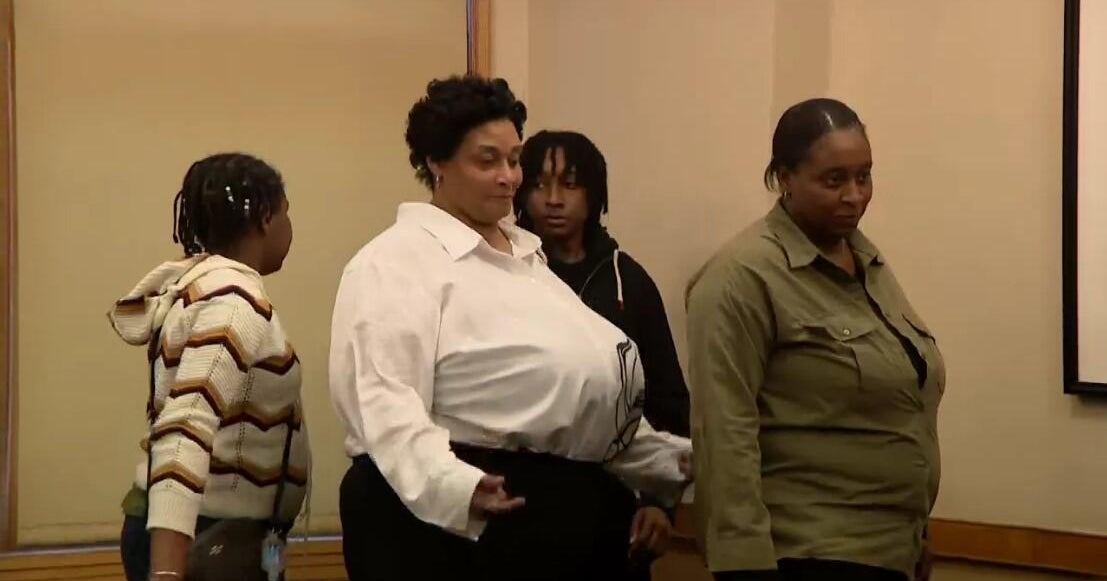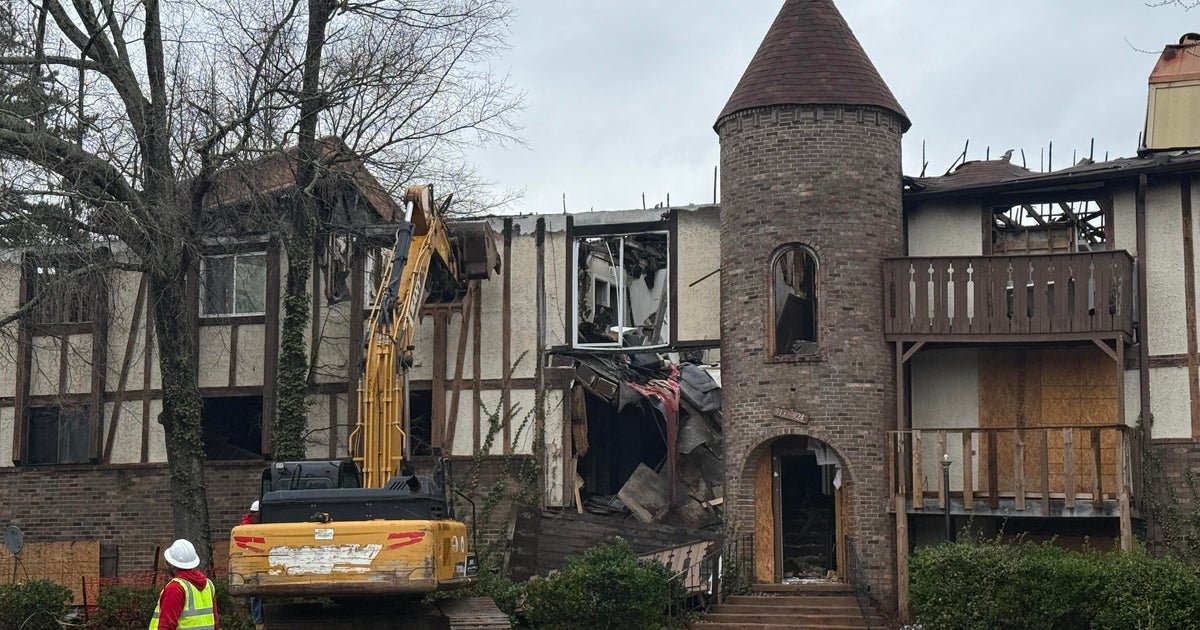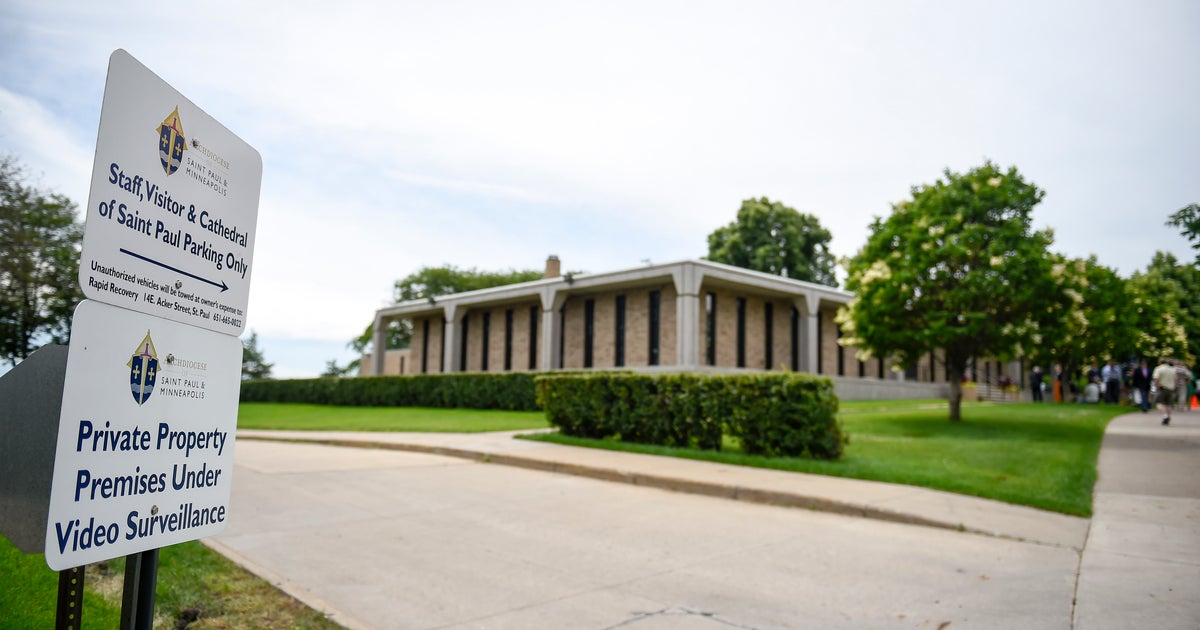Hilco to pay $12.25 million to settle class-action lawsuit over botched Chicago smokestack demolition
CHICAGO (CBS) -- A federal judge has given preliminary approval to a $12.25 million settlement agreement over the botched demolition of a coal power plant's smokestack in Little Village in 2020.
Hilco, the company that commissioned the Crawford coal power plant implosion on April 11, 2020, and its contractors will pay the settlement to end a class action lawsuit filed in federal court in Chicago.
U.S. Magistrate Judge Sunil Harjani gave preliminary approval to the settlement agreement last month. A final hearing on the settlement is set for April.
It was a disaster at the height of the COVID-19 pandemic on the day before Easter 2020, when Hilco's implosion of the smokestack at the former Crawford coal power plant at 35th and Kedzie coated the surrounding Little Village neighborhood in a cloud of dust and debris.
"People felt a huge boom sound - and a trembling, almost like an earthquake," said Little Village resident Juan Rangel, "and people didn't know what to make of it."
Rangel described a dust cloud just coming at him.
The implosion led to health concerns, as many in the neighborhood reported problems breathing afterward.
"Very disappointed in our elected officials and the politicians that didn't stand up for this community - as if nothing could be done," as if Rangel said. "Something could be done."
The implosion and its aftermath also sparked allegations of both government mismanagement and racism - over why it was allowed to happen in a largely working class, Mexican American community.
"I really believe that if this were any other community - Lincoln Park, any others - this would have never happened," Rangel said.
Under the settlement agreement, while Hilco and its contractors continue to deny any wrongdoing or liability in the demolition, they have agreed to pay damages to bring the class-action lawsuit to a close.
The settlement will cover people who own property or were present within a large segment of Little Village on the day of the demolition. The following boundaries define the affected area: from 33rd Street and Kedzie Avenue, west to 33rd Street and Kilbourn Avenue, north to Kilbourn Avenue and Cermak Road, east to Cermak Road and Ogden Avenue, northeast to Ogden Avenue and California Avenue, south to 26th Street and California Avenue, west to 26th Street and Sacramento Avenue, south to Sacramento Avenue and 31st Street, west to 31st Street and Kedzie Avenue, south to 33rd Street and Kedzie Avenue.
A total of $1 million from the settlement will go to anyone who owned or leased a home or business within that area that was damaged by the dust and debris cloud following the explosion.
Another $7 million will go to anyone in the designated area on the day of the demolition; each person in that group who submits a valid personal injury claim is eligible for $250 to $500 in damages.
A website has been set up to file claims for damages at littlevillagesmokestack.com. The deadline to file a claim is March 26.
As many as 60,000 people are eligible to join the suit.
The three original plaintiffs in the lawsuit each will get $5,000 incentive fees, and the rest of the settlement money will cover attorney fees and expenses from the case.
"I feel good. It's four years later - our community received justice," said Rangel. "That cannot happen ever again, in any community."
The botched demolition also prompted an investigation by the city's inspector general. Former Mayor Lori Lightfoot refused to release the inspector general's full report on the demolition, but it was leaked to the public in February 2023.
According to the 94-page report, several city departments and senior officials were aware of what was described as the "almost cataclysmic" impact the implosion would have – but did little to nothing to stop it.
The report also outlines how for days leading up to the implosion, residents contacted Ald. Michael Rodriguez (22nd) – expressing concerns and asking for more details.
Despite knowing a permit had been issued for the demolition ten days prior, the report says Rodriguez did not properly notify the community.
Since the botched implosion, the city has implemented new rules to manage implosions, raise quality standards, and improve coordination for future demolition projects.
Seven state-of-the-art dust measures were also installed in the surrounding communities.
Hilco was fined $68,000 by the city in 2020 and later agreed to pay $370,000 to settle a separate lawsuit filed by the State of Illinois.
A Target store is now located on the site of the power plant.









